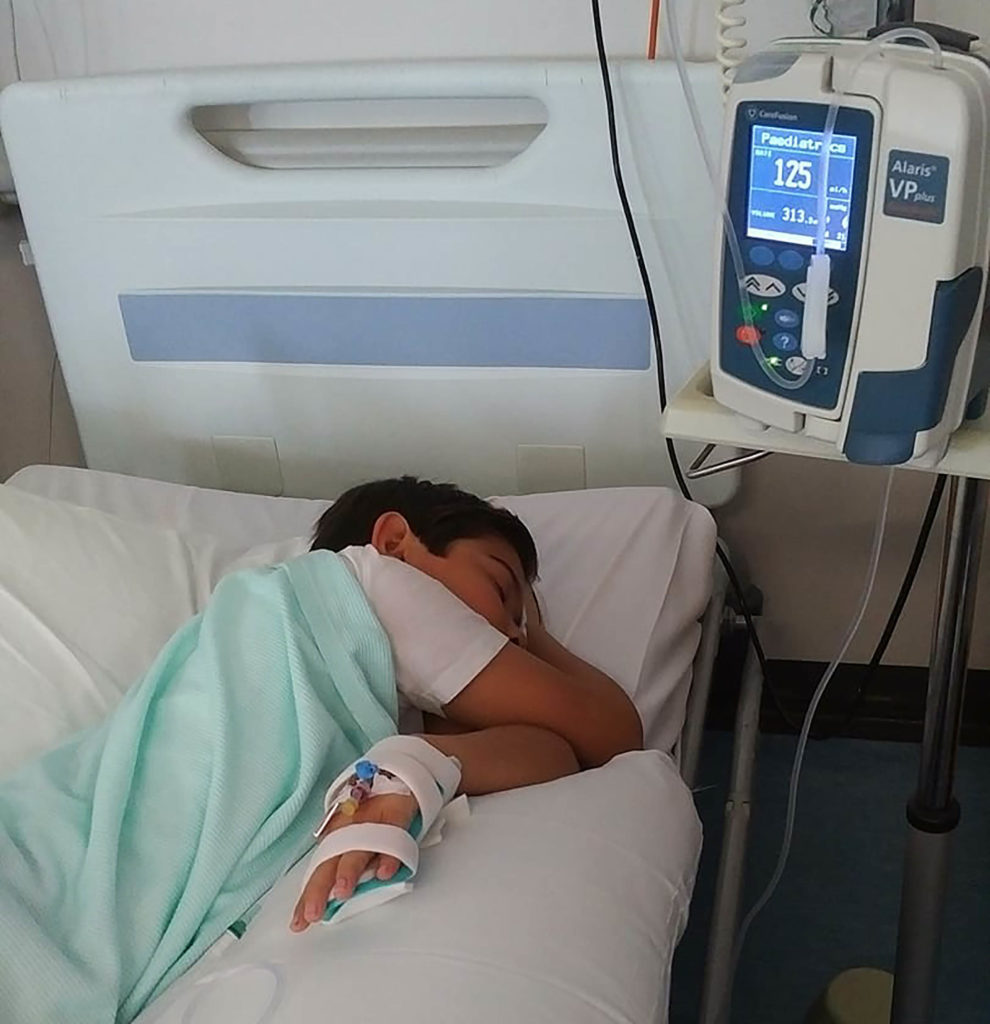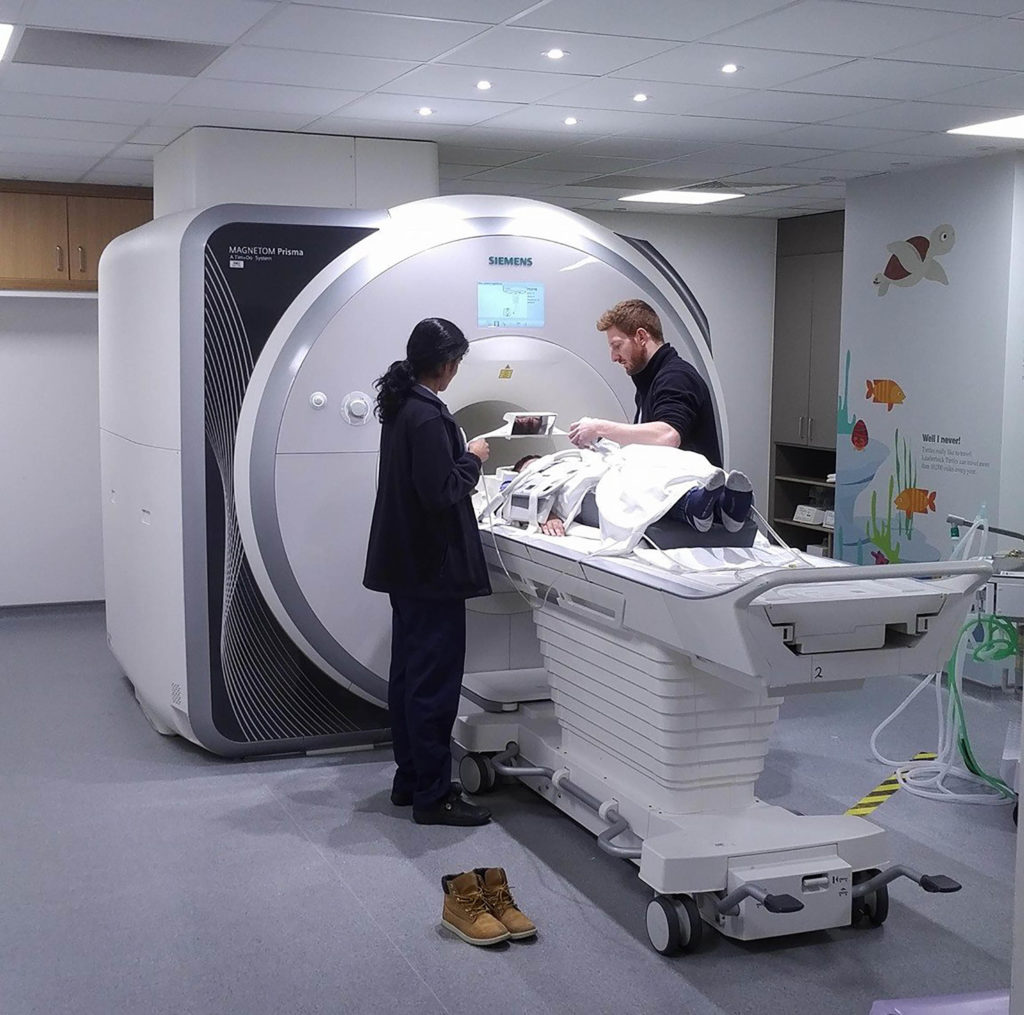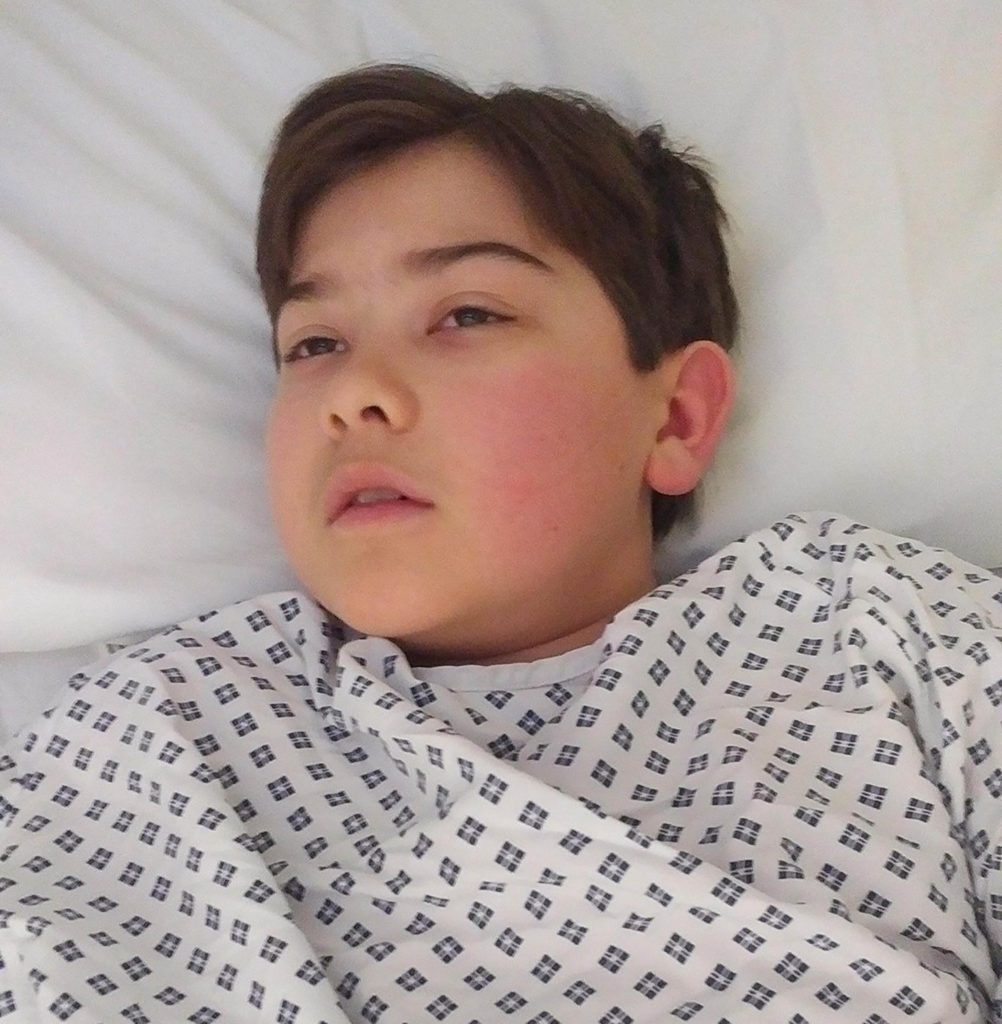Firstly, I must point out that my son Thomas was diagnosed with JIA (Juvenile Idiopathic Arthritis) in 2017, and that diagnosis changed to sJIA (Systemic Juvenile Idiopathic Arthritis) in 2021 and has been in and out of the hospital ever since.

Systemic Juvenile Idiopathic Arthritis (sJIA) is a rare form of arthritis that affects children under the age of 16 but continues into adult life. It is a systemic inflammatory disorder that can affect many parts of the body, including the joints, skin, and internal organs. sJIA is a serious and potentially life-threatening disease that requires early diagnosis and aggressive treatment.
Symptoms of sJIA can include high fever, rash, joint pain, swelling, and other symptoms such as severe fatigue, weight loss, and enlarged lymph nodes. These symptoms can come and go, with periods of remission followed by flare-ups. The severity of sJIA can vary from mild to severe, and the disease can be unpredictable, with some patients experiencing a more aggressive course than others.

One of the most severe complications of sJIA is macrophage activation syndrome (MAS), a potentially life-threatening condition that occurs when the immune system becomes overactive and attacks the body’s own tissues. MAS can cause high fever, organ failure, and other severe symptoms and can be fatal if not treated promptly.
The cause of sJIA is not fully understood, but it is believed to be an autoimmune disorder in which the body’s immune system attacks its own tissues. Genetic factors may also play a role in the development of the disease. There is no cure for sJIA, but early diagnosis and aggressive treatment can help to manage symptoms and prevent complications.

Treatment for sJIA typically involves a combination of medications, including non-steroidal anti-inflammatory drugs (NSAIDs), corticosteroids, disease-modifying antirheumatic drugs (DMARDs), and in more recent years, biological therapies. These medications reduce inflammation, control pain, and prevent joint damage. In cases of MAS, patients may require hospitalization and more aggressive treatments, such as high-dose corticosteroids and chemo-related immunosuppressive medications.

It is important for children and then adults with sJIA to receive ongoing medical care, including regular check-ups with a rheumatologist and other specialists as needed. In addition, patients may benefit from physical therapy, occupational therapy, and other supportive treatments to help manage their symptoms and maintain their quality of life.
Systemic Juvenile Idiopathic Arthritis is a serious and potentially life-threatening disease that can have a significant impact on a child’s and then an adult’s health and well-being. Early diagnosis and aggressive treatment are essential for managing symptoms and preventing complications. With proper care and management, many children/adults with sJIA and JIA, in general, can enjoy active lives, but they are never too far away from the danger of coming out of remission. Some children/adults will not be so lucky, and for these, every day is a struggle, and the need for family and friend support is ongoing. My son falls into this category where every day he fights a hidden illness, he never knows what the day will bring.
I hope this article has enlightened you on a severe and little-known disease that affects between 6 to 15 out of every 100,000 children diagnosed with JIA. The need for research, investment, medicine and detection devices for all JIA patients is something I feel incredibly passionate about.





